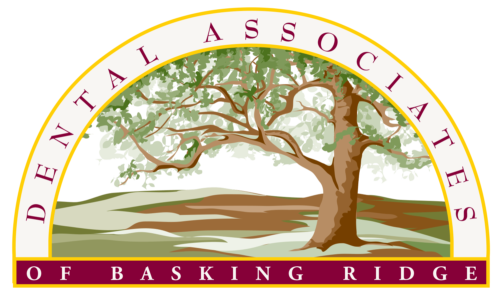
When you wake up in the morning, feeling particularly anxious, or just dehydrated, you may experience dry mouth. However, when your mouth is dry all the time, it’s known as xerostomia. This condition can indicate an underlying health issue. If xerostomia is left untreated, it could make you vulnerable to tooth decay, gum disease, and other dental problems. As such, it’s important to familiarize yourself with the symptoms of xerostomia. If your dry mouth becomes severe, it’s in your best interest to schedule an appointment with our experienced general dentistry/dentists located in Basking Ridge & Morristown, NJ who can help determine the right treatment.
When to See a Dentist for Xerostomia?
First, xerostomia is defined as the subjective sensation you feel when you don’t produce enough saliva. It’s important to note that your salary glands produce saliva to lubricate your mouth and keep it clean. While occasional dry mouth is normal, chronic dry mouth could point to an underlying health issue. Generally, it’s a side effect of certain medications, but it can also be the result of mouth breathing, dehydration, diseases, substances (alcohol or tobacco), chemotherapy, radiation therapy, vitamin deficiency, etc. The symptoms of dry mouth include:
- Halitosis (bad breath)
- Constant sore throat
- Difficulty eating, speaking, or swallowing
- Hoarseness
- Increased thirst
- A dry, rough tongue
- Cracked or sticky lips
- Taste disorders (intolerance for spicy, salty, or sour foods or drinks)
- Trouble wearing dentures
- Mouth sores
- Oral fungal infection
If you experience any of the above mentioned symptoms, you should visit your dentist. During an examination, a dentist will check your tongue and inner checks for textured surfaces. To see how much saliva you produce, your dentist may dab around your salivary glands. In addition, they will look for signs of cavities and gum disease, which can both occur due to dry mouth.
How to Treat Dry Mouth?
When you suffer from dry mouth, the treatment will be focused on increasing saliva production. Depending on the underlying cause, the specific treatment for dry mouth will vary. For instance, if your dry mouth is the result of a medication you are taking, they may suggest adjusting your dosage or trying an alternative medication. Nevertheless, you should always speak to your healthcare provider before stopping a medication. If your dry mouth is the result of an underlying health condition, treating the underlying issue will likely help. In some cases, a dentist may even recommend using artificial saliva or a mouthwash that is specially made for dry mouth.
If you suffer from xerostomia, please don’t hesitate to schedule an appointment with our dedicated team today. At Dental Associates of Basking Ridge, we are prepared to help you maintain your oral health.






